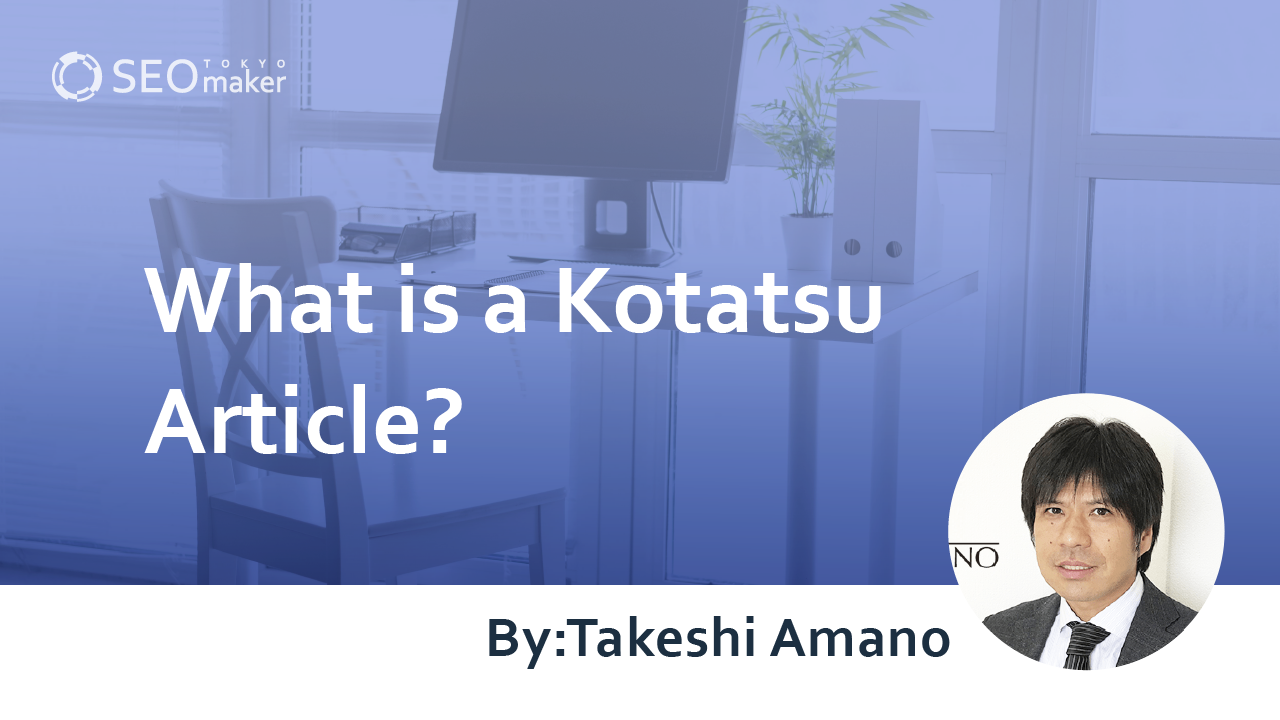Challenges Faced by Foreign Companies Entering Japan.
contents
 Foreign companies looking to enter the Japanese market need to consider the following issues:
Foreign companies looking to enter the Japanese market need to consider the following issues:
The Language Barrier is Too Great
Japan primarily uses Japanese, and other languages, including English, are generally not widely understood. Even within companies, English is not very useful. Although a small percentage (about 1%) of Japan’s population of over 100 million can speak fluent English, communications and documents from the home country are typically required to be in Japanese to be understood.
As for client-related issues, simple translations of English websites into Japanese can create awkward phrasing and word usage, leading to digital advertisements being perceived as potentially fraudulent due to their odd Japanese.
Insufficient Investment
One reason for the withdrawal of thoroughly invested companies in Japan is the lack of sufficient investment. Entering Japan can be more costly than anticipated. Basing your budget on costs in your home market is a sure path to failure.
Business costs in Japan, particularly employee salaries and office rent, are among the highest in Asia, and appropriate operational funds are necessary.
Inadequate Understanding of the Japanese Market
Understanding the Japanese market is challenging, as Japan’s culture is significantly different from other countries, resulting in different consumer needs. Without a basic understanding of Japanese culture, it is difficult to grasp consumer needs.
For instance, Walmart, globally successful, hasn’t fared as well in Japan. Its everyday low prices strategy, a key to its global success, doesn’t necessarily resonate in Japan, where price isn’t always the top priority, especially for food. Japanese consumers often associate low prices with low quality, particularly when it comes to food products.
Assuming Success in Domestic Markets Translates to Success in Japan
Success in foreign markets does not guarantee success in Japan. For example, Airbnb, which has been successful worldwide with its model of renting out vacant properties, faced significant legal restrictions in Japan, crumbling its model of success.
Adapting to Japanese laws and regulations often requires major changes to business models. For example, regulations limit property rental to 180 days a year outside special zones, reducing profitability and making the Airbnb model less attractive in Japan.
Choosing the Wrong Partners
When entering Japan, even globally successful companies face significant risks if they venture in alone. This is because Japan has its own unique culture, requiring a local partner who understands Japanese consumer trends and can communicate effectively with companies looking to enter Japan.
Without a partner who understands the intention of entering Japan and can appropriately customize content for Japanese audiences, the chances of business success in Japan are slim.
Overcoming these challenges requires developing strategies specifically tailored to the Japanese market and allowing local marketing personnel autonomy in their approach.
Unique Consumer Behavior in Japan
Japanese consumers exhibit behaviors that are unique on a global scale. In short, they have many choices, are strict in their standards, are keen on new products, and are sensitive to trends.
For example, while most Japanese are Shinto or Buddhist, seasonal events do not depend on specific religions. Participation in Christmas, Valentine’s Day, and Halloween is active, while New Year’s is celebrated at Shinto shrines, and funerals are held at Buddhist temples.
Strict standards are evident in supermarkets, where you won’t find misshapen vegetables, and products with dents, whether boxed or canned, are not displayed and are often discarded (though there is a recent move towards food banks to avoid food waste).
Japanese are sensitive to new products and services, and it’s common for them to follow trends as a group. Belgian waffles and bubble tea were once a craze among Japanese youth, but their popularity has waned by 2023. New products like the iPhone or gaming consoles quickly sell out, demonstrating a strong focus on newness.
This uniqueness means that products and services popular in the West may not necessarily be accepted in Japan. Early adopters may initially embrace them, but they can quickly be eliminated from the market if they don’t resonate with the early majority.
If a product or service popular in the West succeeds in Japan, it’s likely an exception where the product’s characteristics just happened to fit with Japanese preferences. It should not be assumed that similar success can easily be replicated by other companies.
Understanding Japanese National Character
For foreign companies to succeed in Japan, understanding the Japanese national character is crucial. Generally, Japanese people are known to be hardworking, polite, kind, responsible, and tolerant of detailed work. In business, building and maintaining trust is paramount, and transactions are avoided if there is any mistrust. Japanese tend to think long-term and prefer indirect expressions over direct ones.
Marketing strategies for the Japanese market must be developed with these characteristics in mind, and products and services from the home country need to be adjusted to suit Japanese preferences. This requires setting up local marketing personnel with autonomy. Additionally, understanding Japanese business customs such as business card exchange, ambiguous responses, non-immediacy in decision-making, and drinking party culture is necessary for effective sales activities in Japan.
The Japanese Workplace
Many Japanese workplaces are characterized by a formal culture. While casual attire is common in Western workplaces, suits and ties are still mandatory in many Japanese industries, especially legacy sectors. Some industries, like IT, are gradually accepting more casual attire, but overall, the suit culture remains strong in Japan. Even the color of suits follows an unwritten rule of black, gray, or navy, discouraging strong individuality or deviating from others’ attire.
Work attitudes are also unique. While work-life balance is globally important, Japanese workplaces often involve strict adherence to working hours and frequent overtime. Although work-life balance has become more valued in some advanced industries, and the COVID-19 pandemic has changed work styles, it is still common for work to dominate life in many regions and industries. This is partly due to many Japanese finding fulfillment and pride in working long hours.
All Decisions Made by Superiors
In Japan, unlike in countries where employees are given autonomy, decision-making in business negotiations is not typically done on the spot. Even after an excellent presentation, a non-committal response is common, and decisions are often taken back for further discussion.
This is because, in Japan, employees generally do not have decision-making authority, and all decisions are made by superiors. For instance, while in the United States, decisions in business transactions are expected to be made quickly, in Japan, unilateral decisions are not permitted. Every proposal must be reported to superiors, compared with competitors, and approved through internal processes. The culture of reporting, communicating, and consulting is strong in Japan, and neglecting it is seen as a sign of incompetence.
Even if an employee level decision is favorable, it must be accepted if the superior decides not to proceed, and open debate with superiors is not a norm in Japanese workplaces.
Japanese Shyness
Japanese tend to be conservative and closed off, often reluctant to show their faces or names, a major characteristic of their temperament.
While some industries thrive with businesses focused on influencers or high-profile individuals, this is a minority. Most companies, especially startups and venture firms, are the ones actively engaging in employee-driven communication.
On social media, anonymity is common, with users often preferring not to show their faces, even on platforms like X (formerly Twitter) and Facebook, where real names are typically required.
This can be attributed to cultural differences. Unlike Western cultures, which have embraced online culture, Japanese traditionally prioritize face-to-face interactions and tend to distrust those they haven’t met in person. However, the shift to remote work due to the COVID-19 pandemic is gradually introducing online work culture, expected to permeate over time.
Interestingly, the pandemic has accelerated Japan’s digital transformation by a decade. Although triggered by a negative event, it’s a testament to the Japanese diligence and attention to detail, as they thoroughly implement and maintain new systems once initiated.
Summary
When entering the Japanese market, foreign companies face challenges like the language barrier, high costs, and unique consumer behavior. Understanding Japanese culture and national character is vital. Choosing the right local partners is crucial, as is adapting to Japanese workplace norms and overcoming shyness in communication. Success in Japan requires tailored strategies and a deep appreciation for cultural nuances.




















